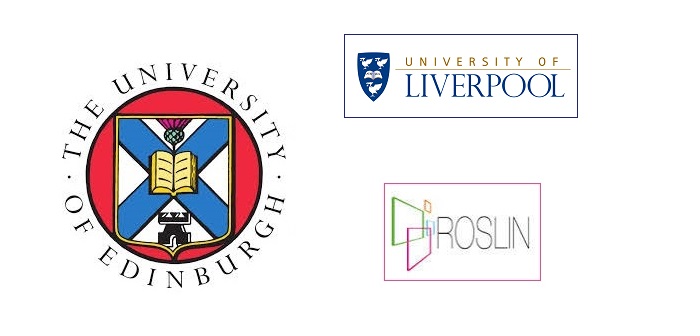Three leading animal disease scientists have reassured consumers that the risks attached to LA-MRSA remain low, putting the whole issue into its correct context after this week’s media reports on the ‘alleged’ dangers of the so-called “superbug” and its links to pork.
“Current data does not suggest that livestock-associated MRSA is common among UK pig herds,” said the University of Liverpool’s Professor of Bacterial Zoonotic Disease, Nicola Williams.
“Even if herds are infected with significant levels of the bacteria, the extent of contamination of meat with MRSA will be much lower than compared to food-poisoning bacteria such as Salmonella, so the risk of transmission to people will be lower.”
The University of Edinburgh’s Professor of Infectious Disease Epidemiology, Mark Woolhouse, duly described LA-MRSA is a well-known, but rare, food safety risk.
“It has been found in food animals, in food and occasionally in people for many years,” he said. “It must be taken seriously but it has shown no sign of causing a pandemic and this small study (which the media quoted) does not change that assessment.
“However, the study does indicate the value of continued surveillance and monitoring of all food-borne bacteria, especially those that are resistant to antibiotics.”
The Roslin Institute’s Chair of Molecular Bacteriology, Professor Ross Fitzgerald, also joined the debate, adding: “The identification of MRSA CC398 in UK supermarket samples has been reported previously and is not surprising considering the high prevalence of MRSA among pig populations in some countries in Europe.
“However, even in Denmark, food-borne transmission of MRSA to humans is very limited. There is no evidence that the presence of MRSA in pork will lead to a pandemic in human populations.”




